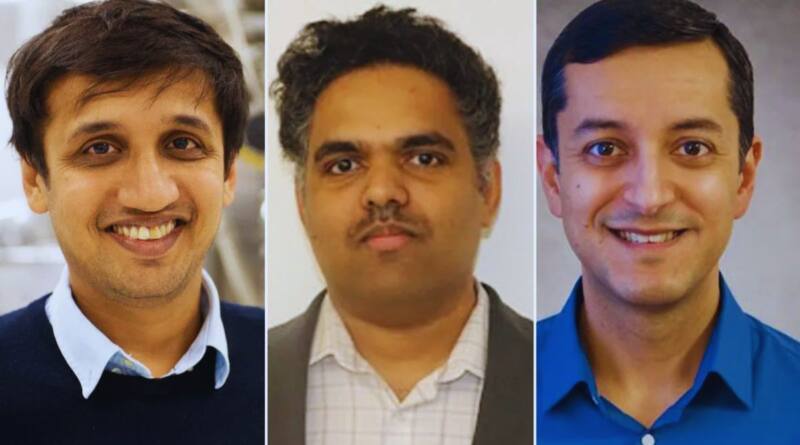“Exciting an Indian-Origin Young Scientist Recognised in the UK Now”
London
Three Indian-origin experimenters are among nine named winners of a prestigious award for youthful scientists in the United Kingdom who are pushing the boundaries of wisdom and working to make the world a better place.
The Blavatnik Awards for Young Scientists in the United Kingdom honour exploration that’s transubstantiating drugs, technology, and our understanding of the world in three orders: chemical lore, physical lore and engineering, and life lore.
The recipients, which include Professors Rahul R. Nair, Mehul Malik, and Tanmay Bharat, will be feted at a black-tie fete regale and award ceremony in London on February 27 and will admit subventions totalling 480,000 pounds.
Nair, a accoutrements physicist at The University of Manchester, was named Laureate in Physical lore and Engineering for developing new membranes grounded on two-dimensional (2D) accoutrements that will allow for energy-effective separation and filtration technologies, according to a statement.
Professor Anthony P. Green, an organic druggist from the University of Manchester, and Nicholas McGranahan, a computational biologist at University College London (UCL), were also named laureates.
Malik, the award finalist, was recognised for pioneering ways to harness a high-dimensional trap, a complex amount of drugs.
Malik’s inventions allow typically fragile traps to survive long distances and harsh conditions, laying the groundwork for noise-resistant and high-capacity networks capable of securely transmitting large quantities of information decoded on individual photons.
Malik holds a PhD from Heriot-Watt University in physical lore and engineering.
Tanmay Bharat, PhD, of the MRC Laboratory of Molecular Biology (Life Sciences), was recognised for developing slice-edge electron cryotomography (Cryo-ET) ways to produce infinitesimal-position images of cell-face motes produced by bitsy bacteria and archaea as they form multicellular communities similar to biofilms and microbiomes.
Bharat’s exploration has important biomedical counteraccusations, as most pathogenic bacteria infect humans via biofilm conformation, but it also has counteraccusations for our understanding of the dynamics of cell-to-cell relations that led to the elaboration of multicellular life on Earth.
The Blavatnik Family Foundation and the New York Academy of Lores conceded the awards. The 2024 Awards received 84 nominations from 40 academic and exploration institutions.
“Furnishing recognition and backing beforehand in a scientist’s career can make the difference between discoveries that remain in the lab and those that lead to transformative scientific improvements,” said Sir Leonard Blavatnik, author and president of Access Difficulty and President of the Blavatnik Family Foundation.
Professor Nicholas B. Dirks, President and CEO of The New York Academy of Sciences and Chair of the Awards’ Scientific Advisory Council, stated,” From studying cancer to relating water on distant globes, laying the root for futuristic amount dispatch systems, and creating enzymes no way seen before in a lab or in nature, this time’s Laureates and Finalists are pushing the boundaries of wisdom and working to make the world a better place.” PTI NSA




